
Vietnamnet
2146 newsArticles by author
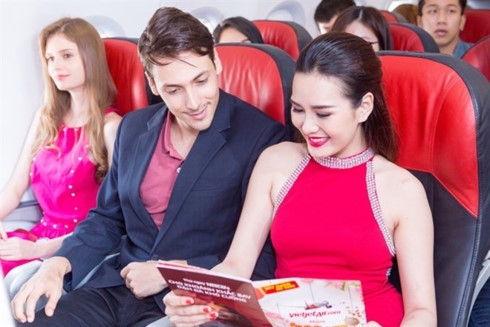
Vietjet Air takes first step to list shares in New York
Managers of Vietjet Air have confirmed that the private air carrier is considering meeting with the managers of the New York stock market to discuss listing of its shares.
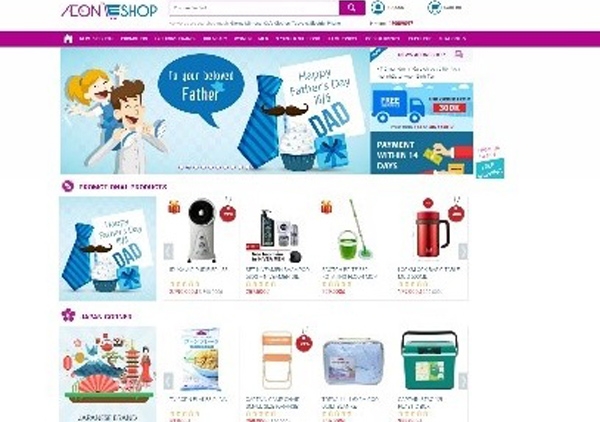
Japanese retailer Aeon to launch English version of AeonEshop.com
Since entering the e-commerce market in January 2017 with the site AeonEshop.com, the Japanese supermarket Aeon has quickly gained the attention of customers thanks to its unique selling point compared to other e-commerce websites – high quality Japanese goods.
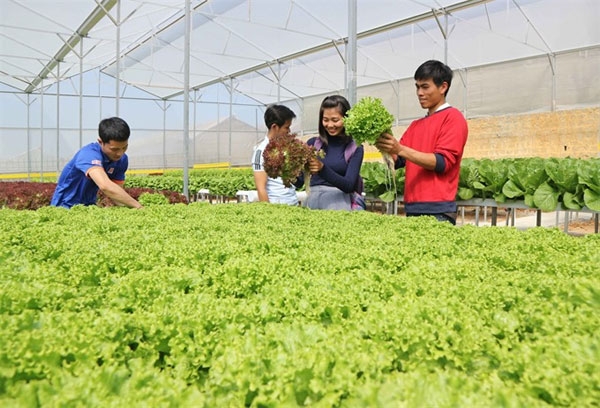
Farm tours in Da Lat attract tourists
Tours of hydroponic vegetable and fruit farms have become increasingly popular in Lam Dong Province’s Da Lat City.
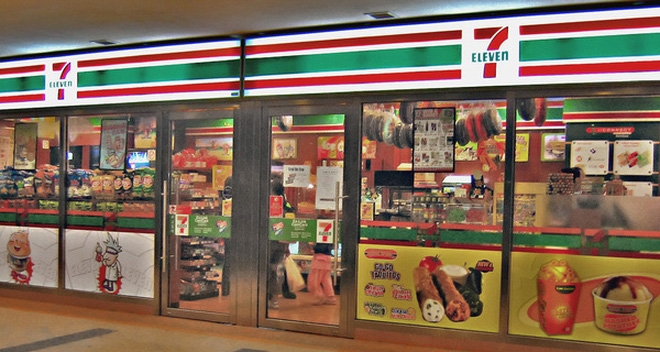
How are Japanese investors conquering Vietnam's retail market?
7-Eleven has announced it will open its first shop in Vietnam on June 15. Aeon, MiniStop and FamilyMart have already joined one of the fastest growing retail markets in the world.
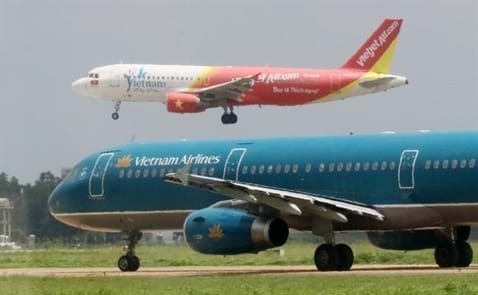
Why does AirAsia want to enter Vietnam despite three failed attempts?
Teaming up with local airlines to set up a joint venture is expected to help Air Asia obtain a high aviation market share in the region.
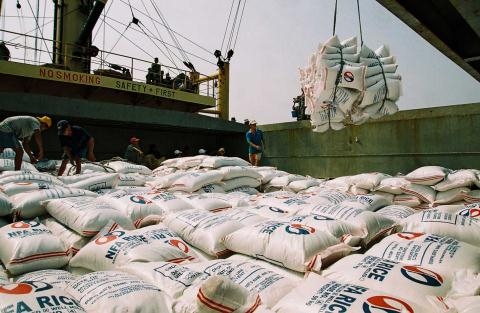
Rice labeled with foreign names sells better than domestic brands
Vietnamese choose foreign rice not because the latter is better, but because Vietnamese enterprises don’t know how to build their brands, experts say.
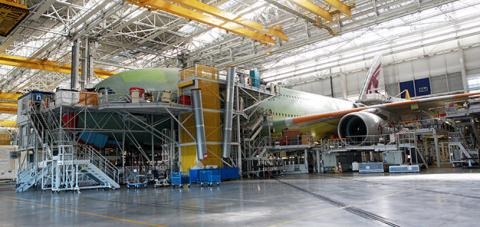
Vietnam’s goal of being producers for Boeing, Airbus dashed
Both Airbus and Boeing have chosen China to build airplane assembling factories.
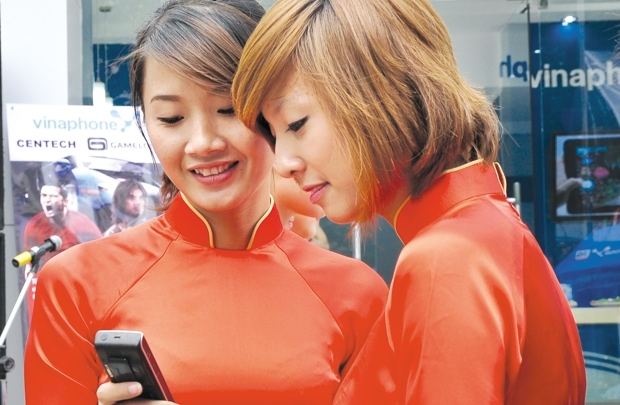
Vietnamese smartphones survive in competitive market
While Vietnamese smartphone brands such as Hi-Mobile, BlueFone, F-Mobile, Avio and Zik 3G have left the market, others are thriving despite analysts' predictions.

Pharmaceutical giants jockey for market dominance
The total spending on medicine in 2017-2021 will grow by 15-17% thanks to the population increase and improved income per capita.
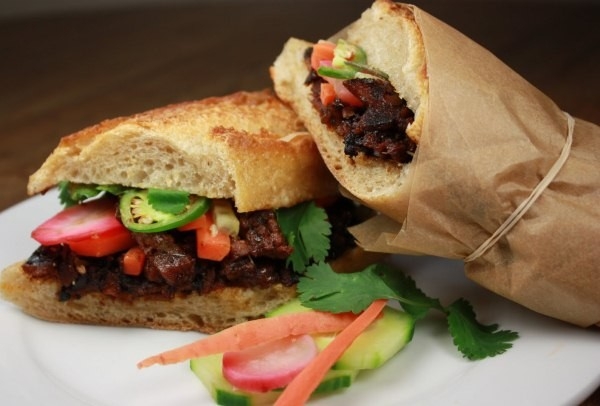
Vietnam’s street food popular items now being served at chain restaurants
Banh cuon (steamed rolled rice pancake), banh my (Vietnamese sandwich) and Mon Hue (Hue cuisine) are gaining even more popularity as they are being served at better restaurants.
